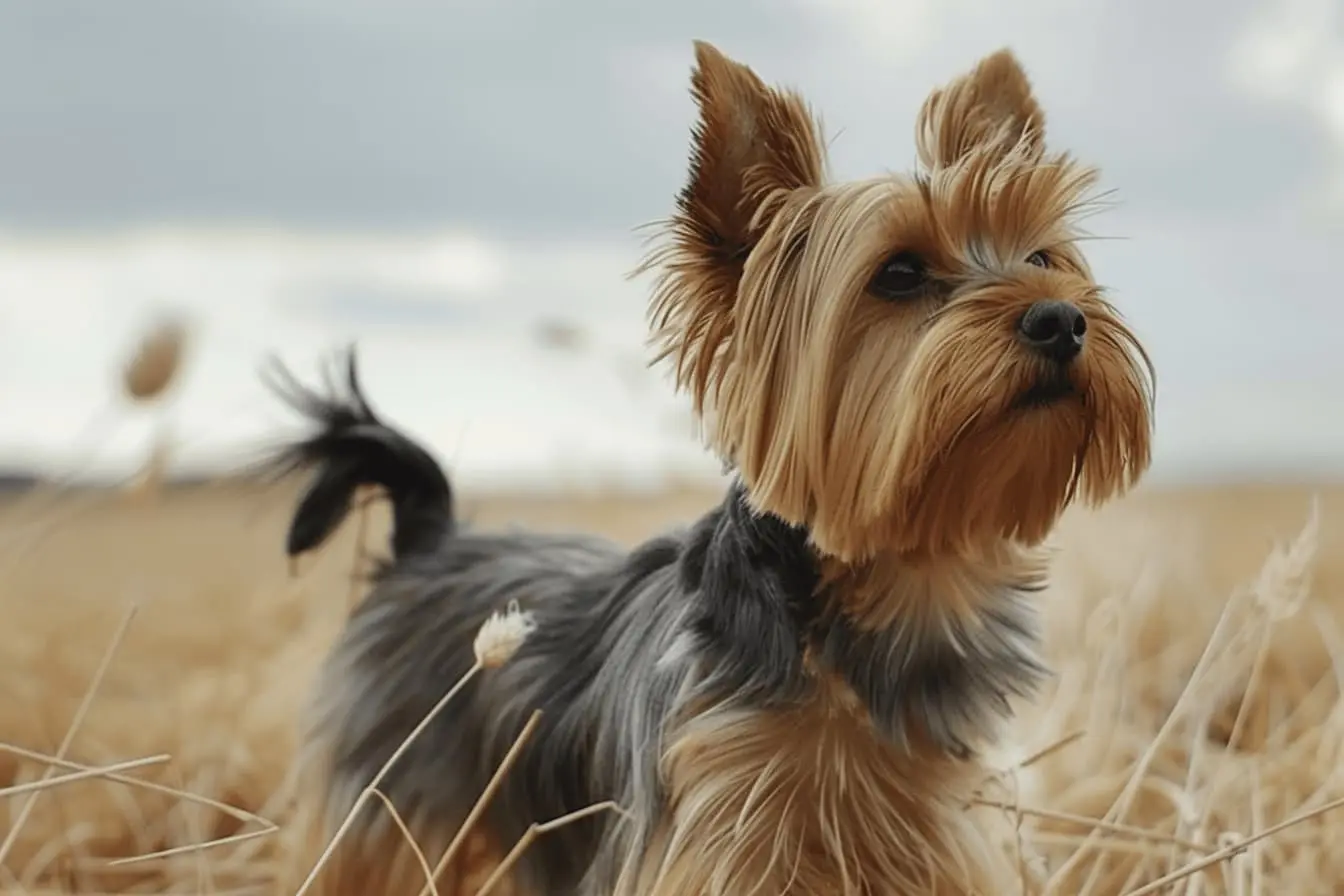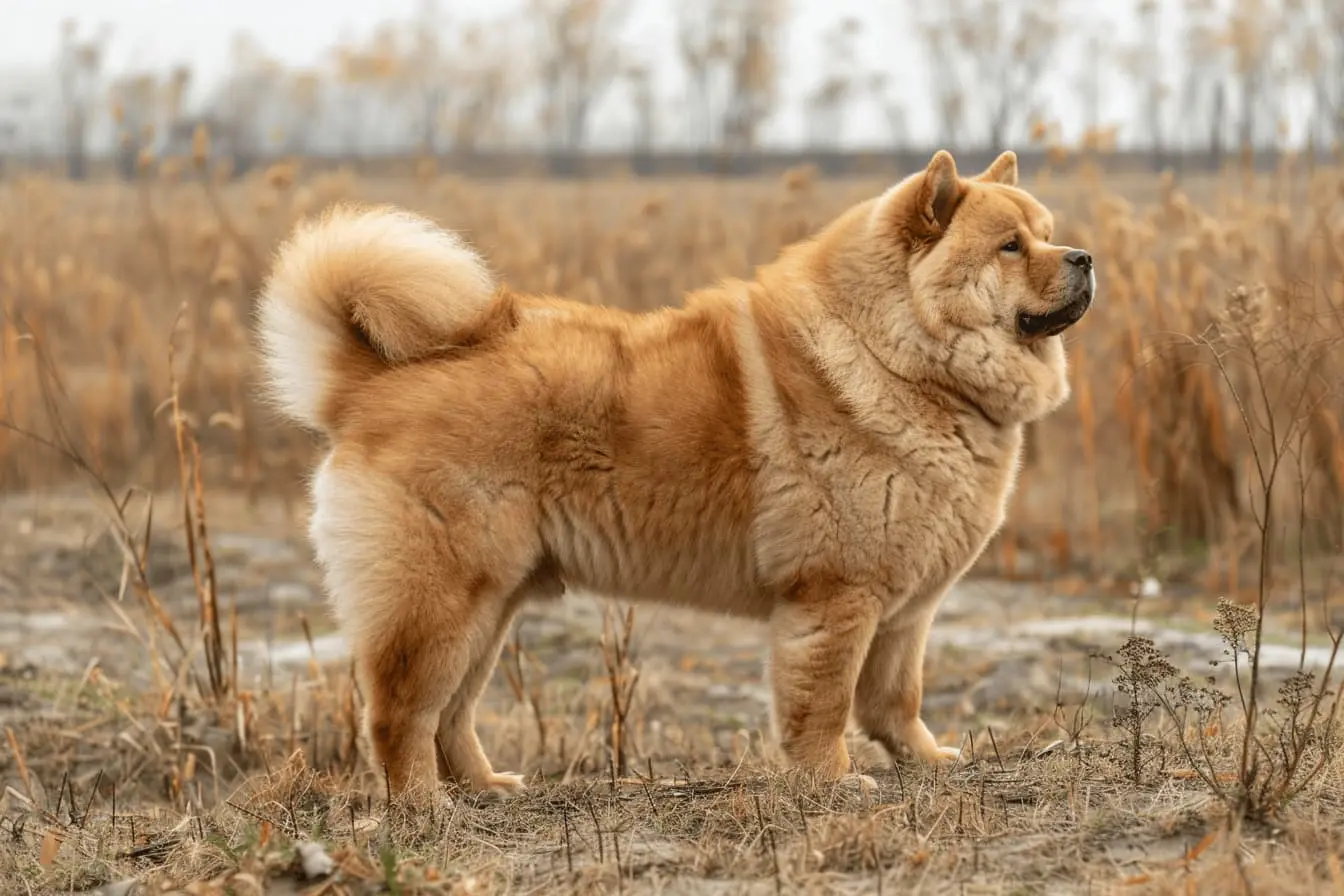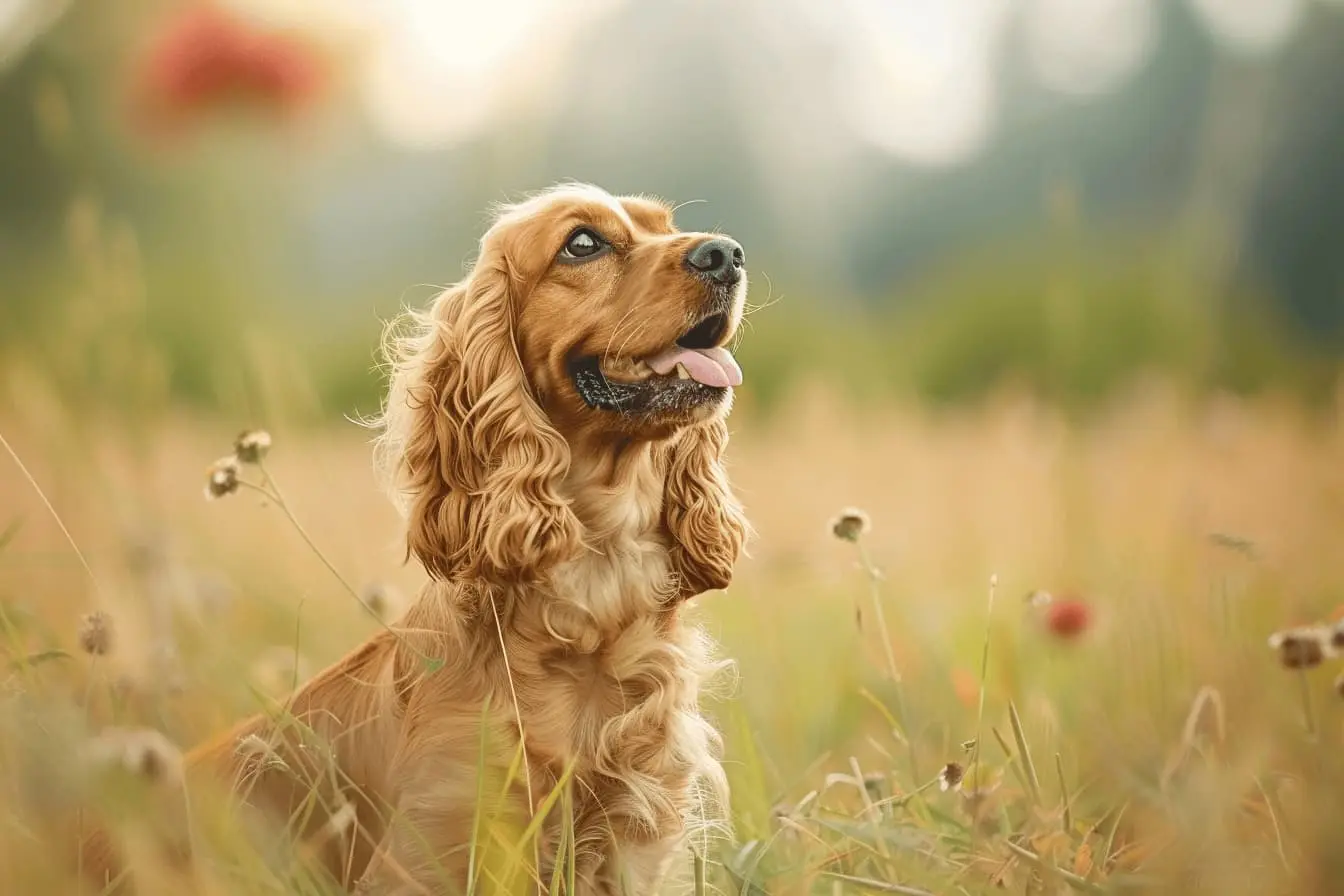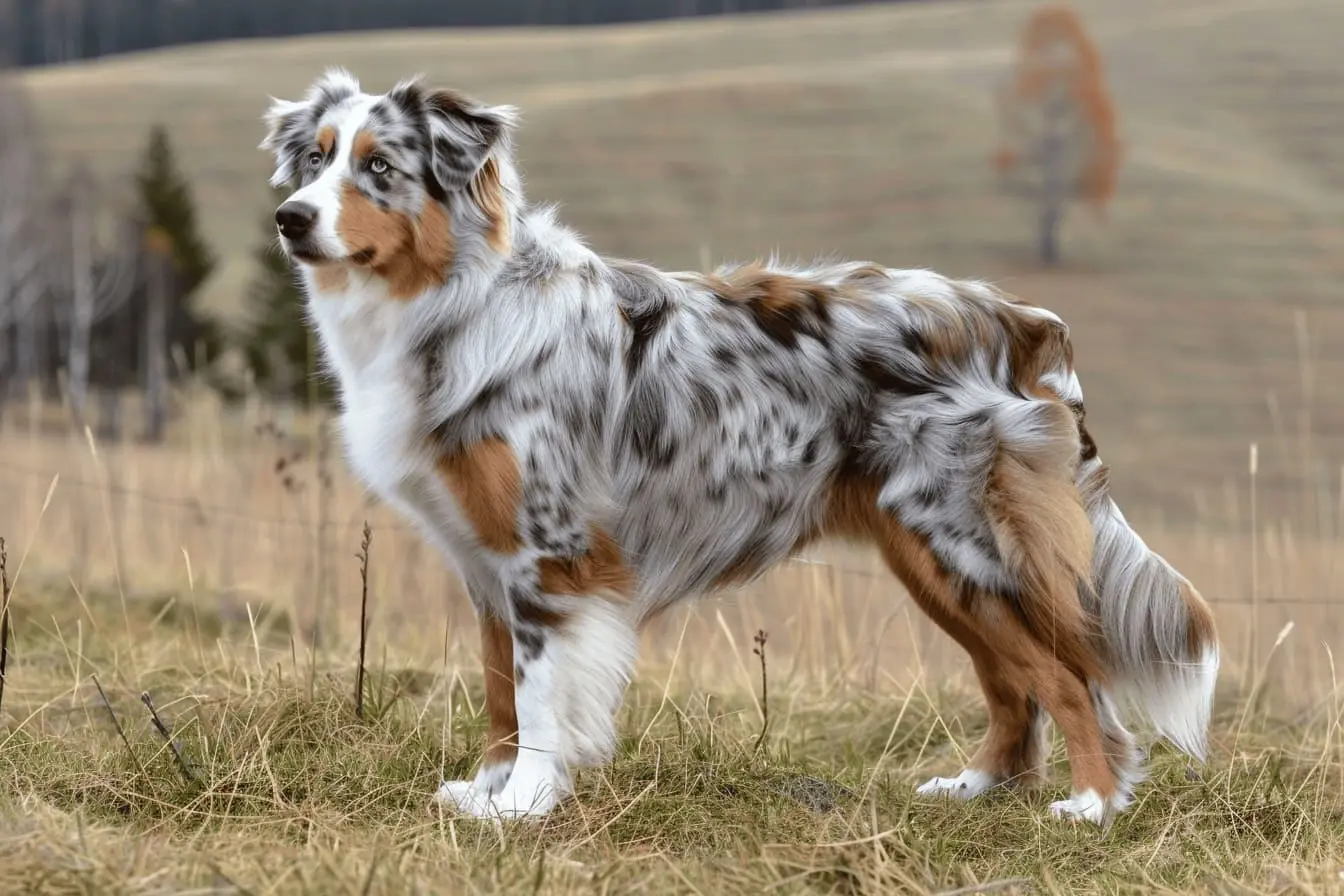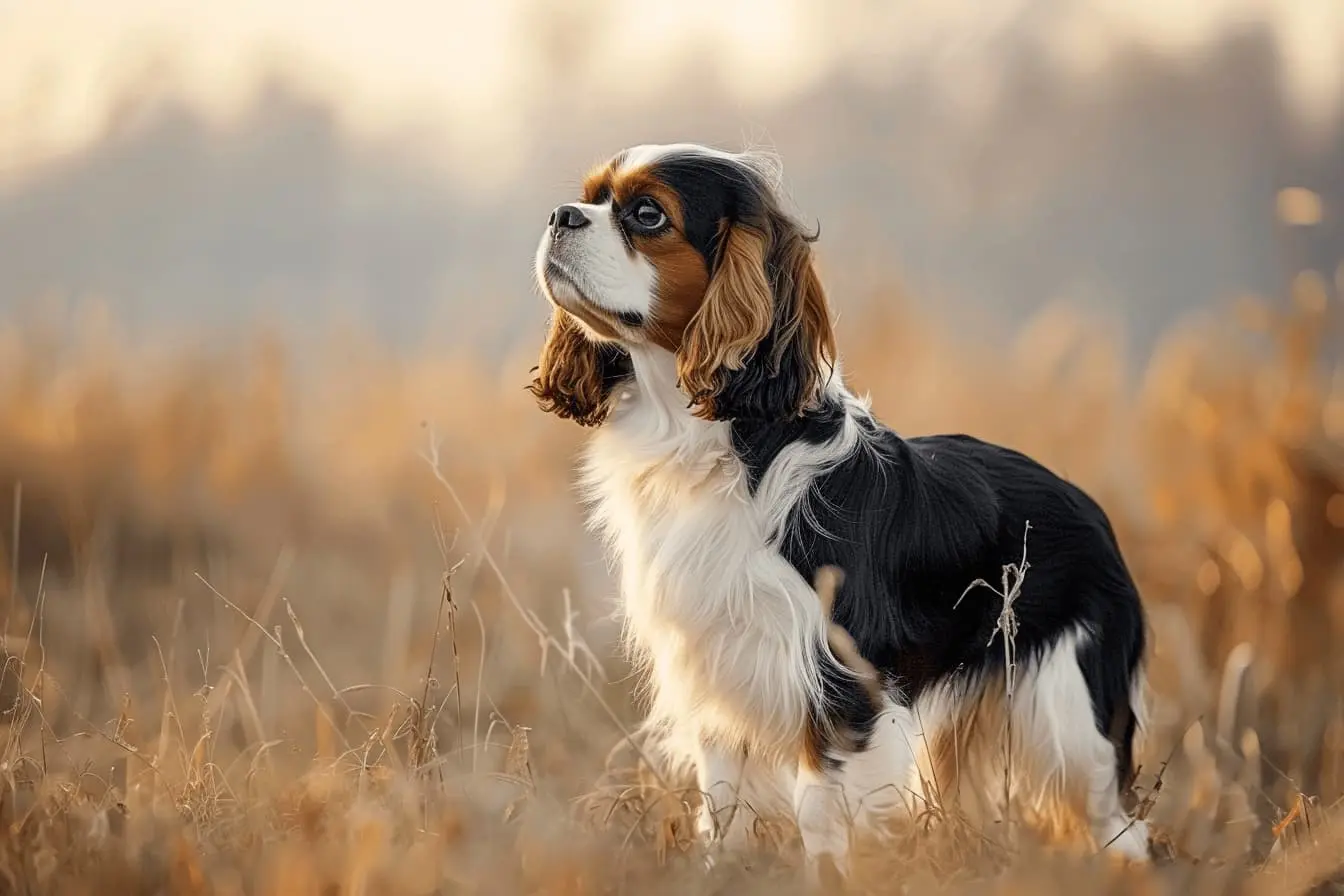
The Cavalier King Charles Spaniel: A Regal Companion with a Heart of Gold
The Cavalier King Charles Spaniel, with its expressive eyes, silky coat, and affectionate nature, embodies the essence of a companion dog. Renowned for their gentle disposition and adaptability, Cavaliers have endeared themselves to dog lovers worldwide, offering the perfect blend of regal grace and playful charm. If you're contemplating the addition of a Cavalier King Charles Spaniel to your family, understanding the breed's characteristics, care requirements, and temperament is crucial to ensure it aligns with your lifestyle. This comprehensive guide will provide you with all the necessary information to help you make an informed decision.
Breed Overview
Originating in the United Kingdom, the Cavalier King Charles Spaniel is a toy breed celebrated for its elegance and friendly nature. Historically favoured by British nobility, today's Cavaliers excel as companion animals, combining their aristocratic bearing with an unassuming and loving personality.
Physical Characteristics
- Size: Cavaliers are small dogs, typically weighing between 6 to 8 kg and standing about 12 to 13 inches at the shoulder. Their size makes them suitable for various living situations, from flats to spacious homes.
- Coat and Color: They boast a luxurious, silky coat available in four distinct colours: Blenheim (chestnut and white), Tricolour (black/white/tan), Black & Tan, and Ruby. Regular grooming is required to maintain their coat's condition and appearance.
- Lifespan: The average lifespan of a Cavalier King Charles Spaniel is around 9 to 14 years.
Personality and Temperament
Cavaliers are known for their affectionate and gentle demeanour. They are incredibly sociable, thriving on human companionship and forming strong bonds with family members. Their friendly nature extends to children and other pets, making them excellent family dogs.
Despite their royal heritage, Cavaliers are not aloof; they are eager to please and highly trainable. They possess a playful streak and enjoy being involved in family activities, whether indoors or out.
Exercise and Training
Cavaliers have moderate exercise needs. Daily walks and playtime will suffice to keep them healthy and content. They enjoy interactive games and activities that allow them to bond with their owners.
Training should begin early, focusing on socialisation and basic commands. Cavaliers are intelligent and responsive, making them relatively easy to train through positive reinforcement techniques. Their desire to please and sociable nature also make them great candidates for therapy work.
Health and Care
While Cavaliers are generally healthy, they are predisposed to certain genetic conditions, including mitral valve disease (MVD), syringomyelia, hip dysplasia, and certain eye disorders. Prospective owners should seek reputable breeders who perform health screenings on their breeding stock.
Their coat requires regular brushing to prevent mats and tangles, and they may require professional grooming a few times a year. Paying attention to dental hygiene and regular health check-ups will help ensure your Cavalier leads a healthy, happy life.
Living with a Cavalier King Charles Spaniel
Cavaliers are adaptable and can thrive in various environments. They are content to curl up on a couch or accompany their owners on outdoor adventures. Their size and temperament make them suitable for city living and traveling.
Their social nature means they do not like being left alone for extended periods and are prone to separation anxiety. Ensuring they have companionship, whether human or canine, can mitigate this issue.
Is the Cavalier King Charles Spaniel Right for You?
If you're seeking a loving, gentle companion who will bring joy and affection to your home, the Cavalier King Charles Spaniel may be the perfect match. They are ideal for families, singles, and seniors looking for a sociable and adaptable dog that doesn't require extensive exercise.
However, if you have a very active lifestyle or long work hours that leave a pet alone for extended periods, another breed might be a better fit. Additionally, potential owners should be prepared for the grooming needs and health considerations associated with the breed.
Conclusion
The Cavalier King Charles Spaniel offers the best of both worlds: a regal appearance and a loving, playful personality. Their adaptability, coupled with their affectionate nature, makes them excellent companions for a wide range of families and living situations. With proper care, training, and companionship, a Cavalier can become a cherished member of your family, providing love and joy for years to come.
Vets near you
Speciality vets
- Aquatics vet specialists
- Birds vet specialists
- Camelids vet specialists
- Cats vet specialists
- Cattle vet specialists
- Deer vet specialists
- Dogs vet specialists
- Equines vet specialists
- Exotic vet specialists
- Goats vet specialists
- Pigs vet specialists
- Poultry vet specialists
- Sheep vet specialists
- Small Mammals vet specialists
- Wild vet specialists
Vet facilities
- Accessible by public transport
- Blood testing
- Car park nearby
- Client car park
- Dentistry
- Diagnostic imaging
- Disabled public access
- Flea and worm treatments
- Microchipping
- Mobile services
- Neutering
- Open at weekends
- Out-of-hours service
- Referral interests
- Referrals only
- Street parking outside
- Toilets available
- Vaccinations
